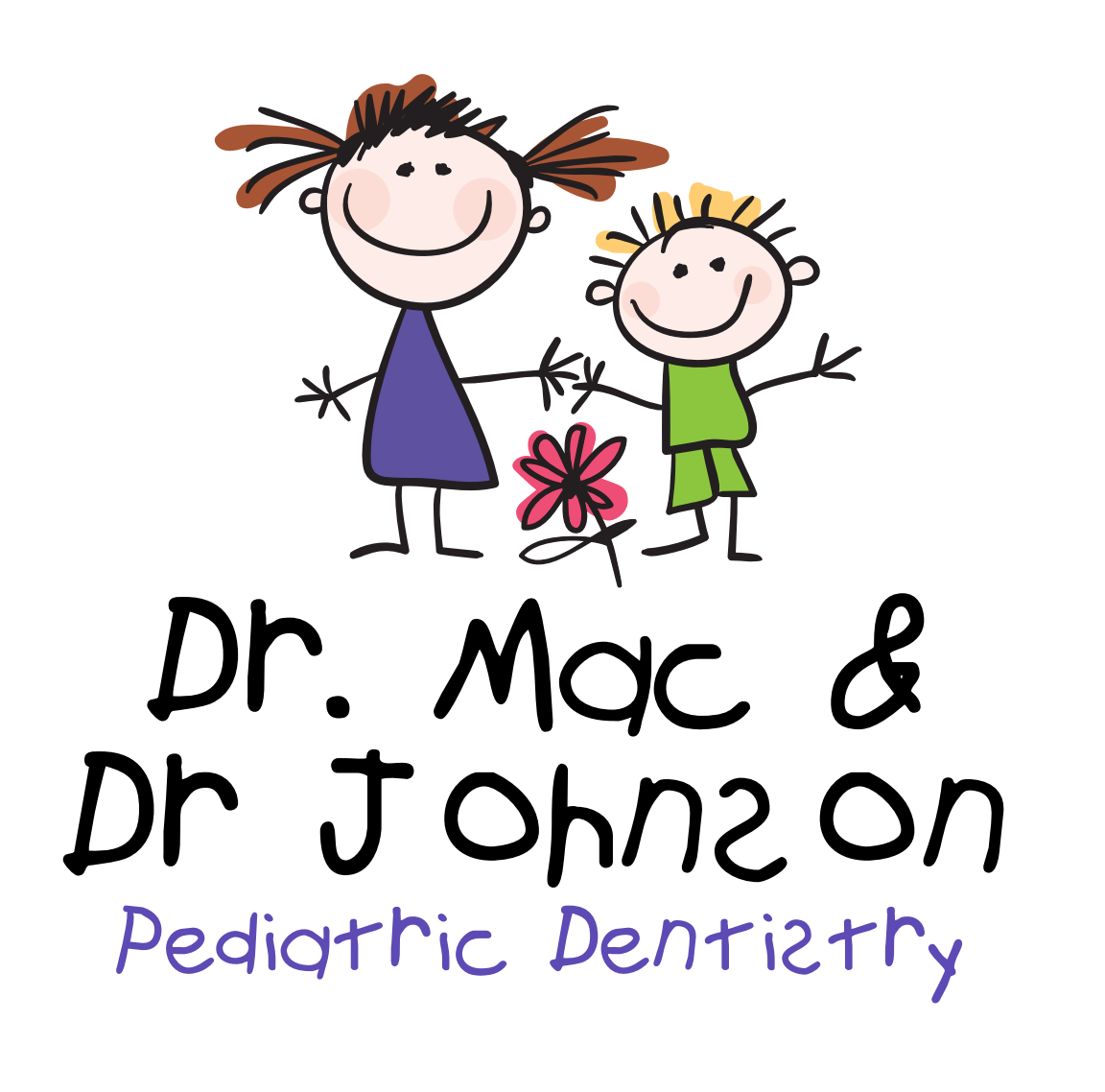Your FIRST VISIT
DURING YOUR VISIT
We believe that parents are important partners in helping us to provide the best treatment for your children. We strongly encourage you, the parent, to be involved at all stages of your child's dental treatment. We invite you to ask questions. The more you know, the better able you will be able to decide which treatment is best for your child.
Parents are welcome to come back with their child during all new patient visits and subsequent cleaning visits. For treatment visits (fillings, extractions, etc), our doctors recommend that parents and other caregivers remain in the reception area or observe treatment from outside our glass doors as silent observers.
Experience has shown that children tend to do better when their attention can be focused in one direction. Our doctors have extensive training in behavior management and will work with your child in a way that allows them to understand each step of the visit. Part of the goal is to give children the confidence that they can "do it on their own." There's nothing better than seeing a proud child leaving after treatment, eager to tell mom or dad how great they did! In preparation for your child's visit, we ask that you avoid words like "drill", "needle", or anything similar that may scare a child. Our team will present things in a more child-friendly manner.
Insurance can be complicated. If you don’t see your insurance provider listed above, we still encourage you to reach out to our office at (941) 953-3535 to find out how we can work with you to restore your smile.
